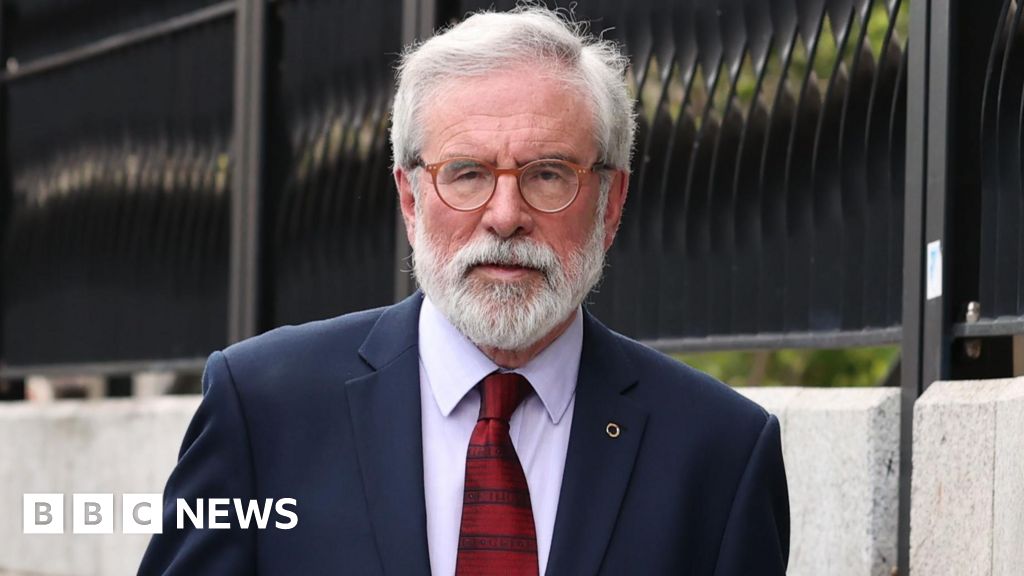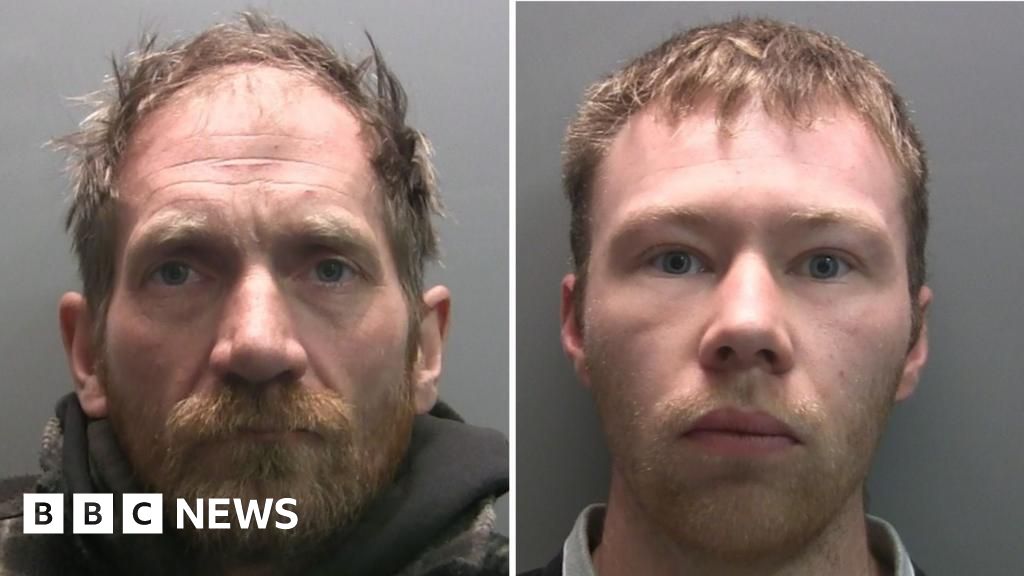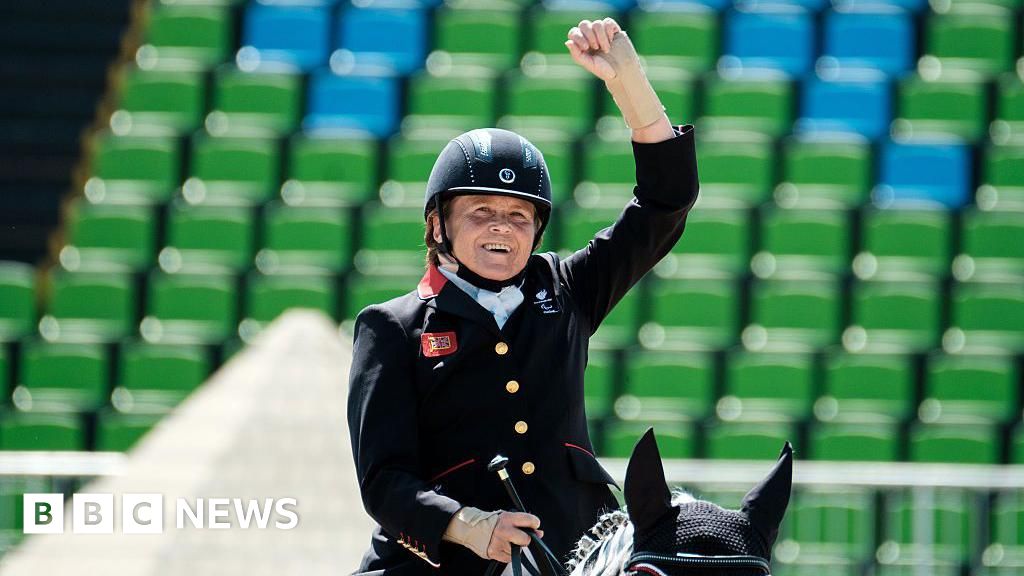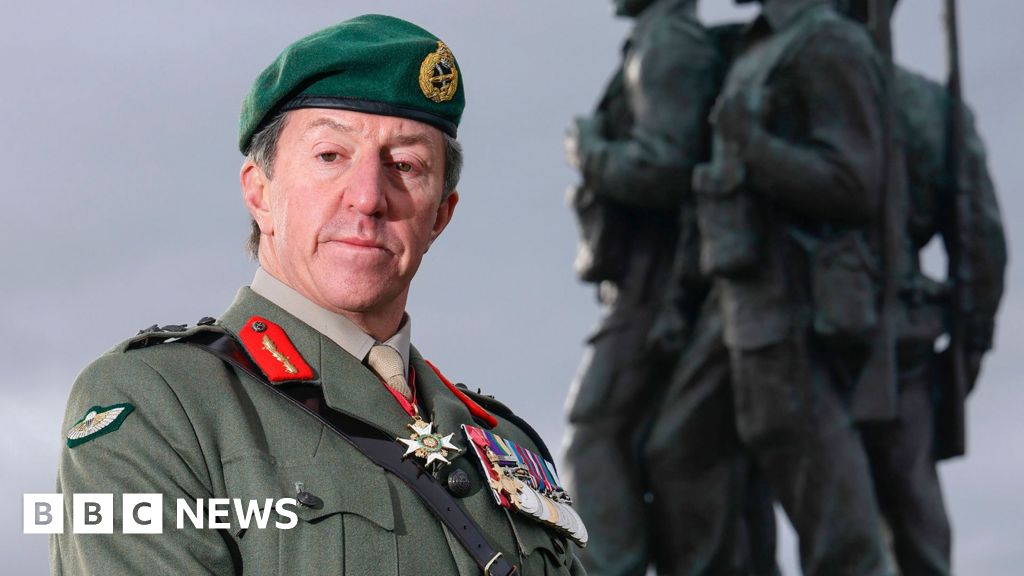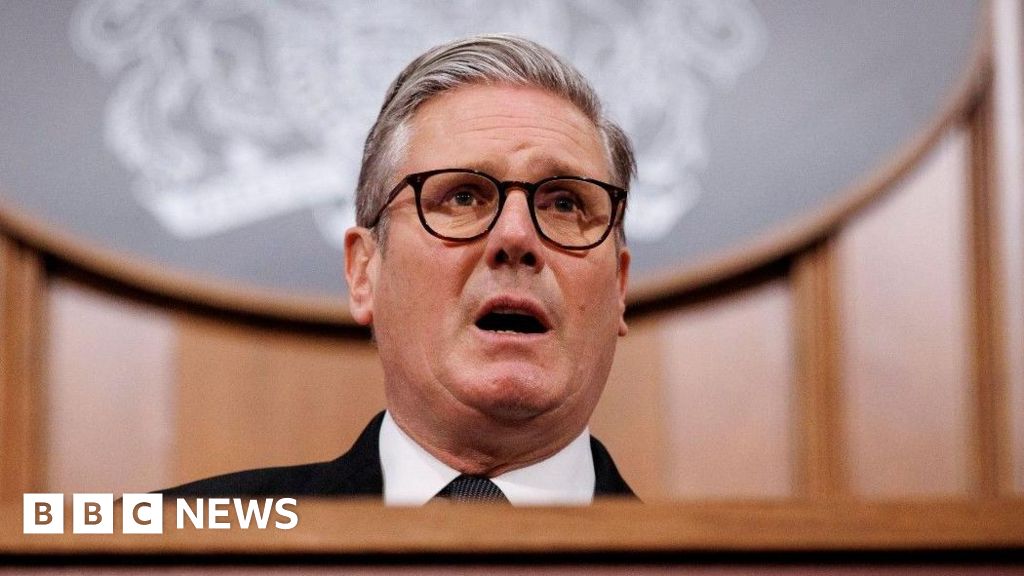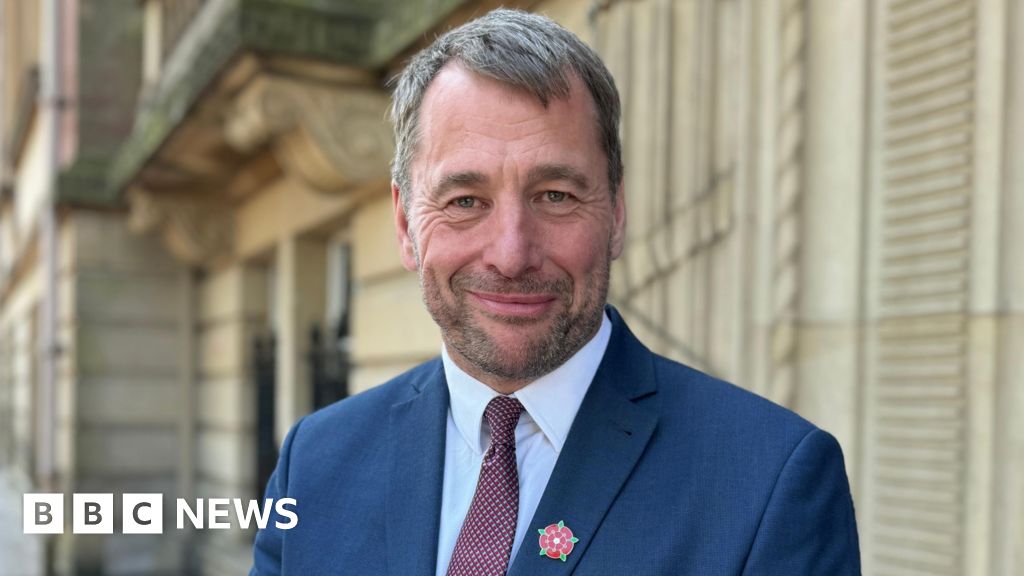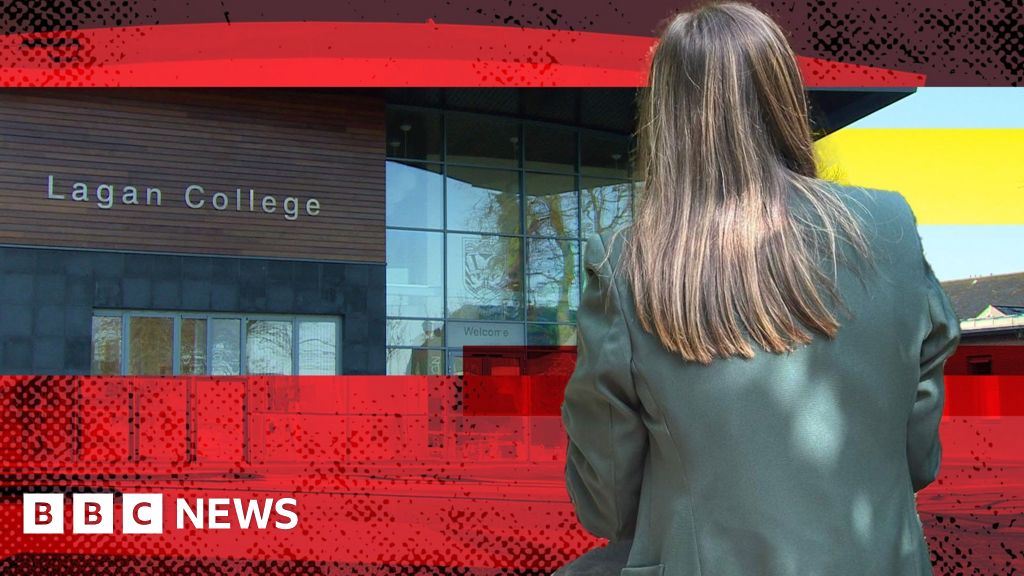Gerry Adams, the former Sinn Féin president, is currently in a legal battle with the BBC over a defamation case relating to a 2016 story accusing him of approving the murder of Denis Donaldson, a British agent within Sinn Féin. Adams has refuted these claims and has stood by his views on the IRA’s violent campaign during the Troubles. During his latest testimony at the High Court in Dublin, Adams declined to reveal any names of IRA members or leaders.
The barrister representing the BBC, Paul Gallagher SC, questioned Adams about a 1982 newspaper interview where Adams discussed his stance on the IRA’s actions. Adams reiterated his belief that the IRA’s campaign was a legitimate response to military occupation and stated that his views have remained consistent over the years. When asked about specific individuals from the IRA’s west Belfast command in 1972, Adams refused to speculate, calling it a “fishing expedition.”
Adams was also shown TV news clips from 1987 where he made controversial remarks regarding the murder of Charles McIlmurray, an alleged informer, and the disappearance of Jean McConville, an IRA victim. Adams admitted that looking back, his comments were “harsh” but denied that they could be interpreted as warnings or threats. When questioned about the purpose of disappearing informers, Adams stated that it was “totally wrong” and claimed he was not aware of the McConville case at the time. The trial is ongoing.
Gerry Adams, a prominent figure in Sinn Féin who led peace talks during the Troubles, has denied any affiliation with the IRA despite being detained in the early 1970s. He served as Sinn Féin’s president for many years and was involved in the negotiations that led to the Good Friday Agreement in 1998. Adams has consistently distanced himself from any direct involvement in paramilitary activities, despite his close ties to the IRA leadership.
Denis Donaldson, a former key figure in Sinn Féin who was murdered in 2006 after his exposure as a British spy, played a crucial role in the party’s political development in Northern Ireland. Donaldson had been interned without trial in the 1970s and later worked as an administrator for Sinn Féin’s offices at Stormont. His confession as a long-time spy for British intelligence shocked many, and his mysterious death in County Donegal remains a point of intrigue
Read the full article from The BBC here: Read More

